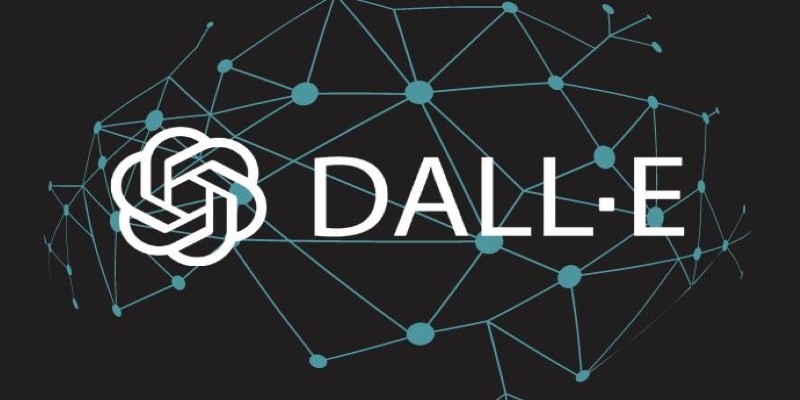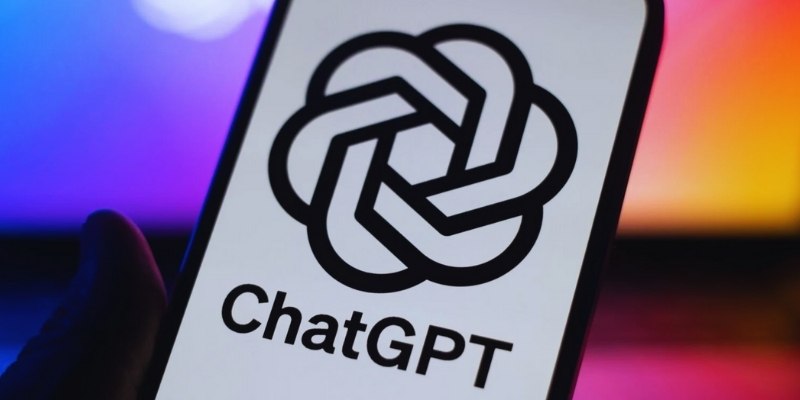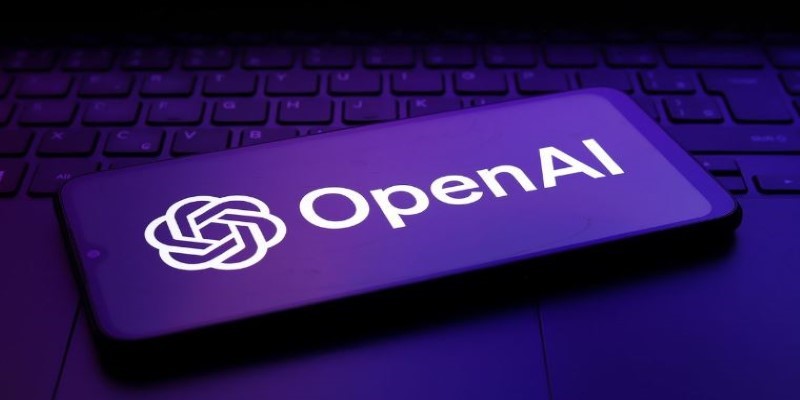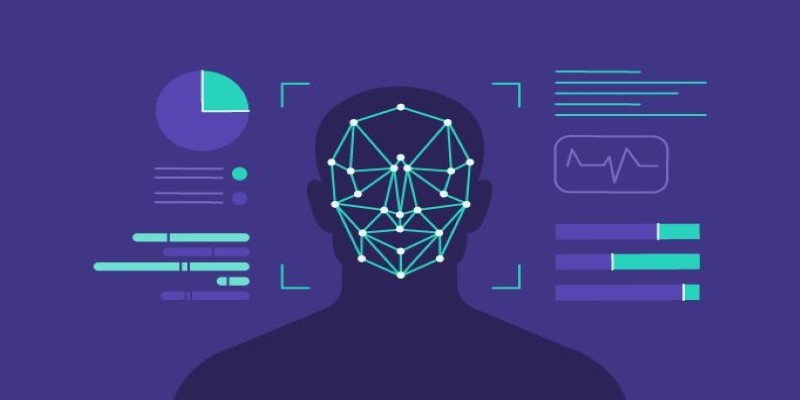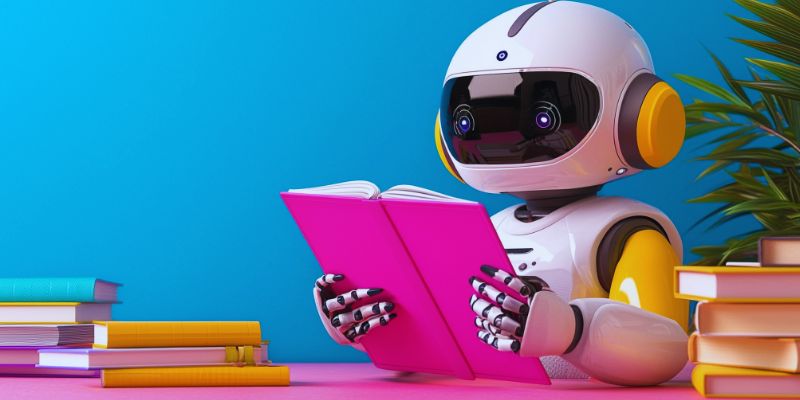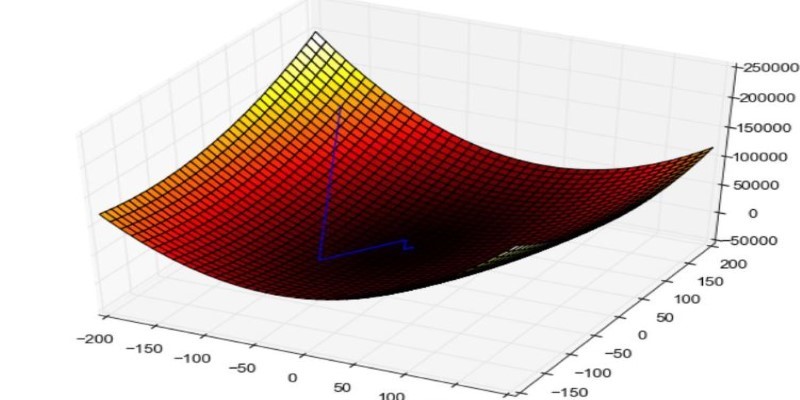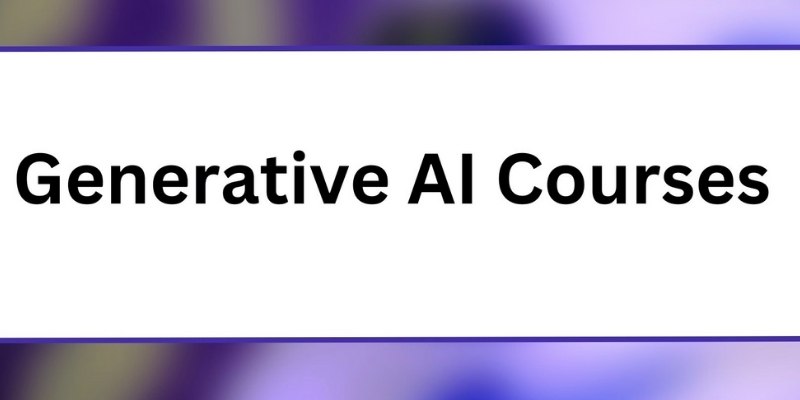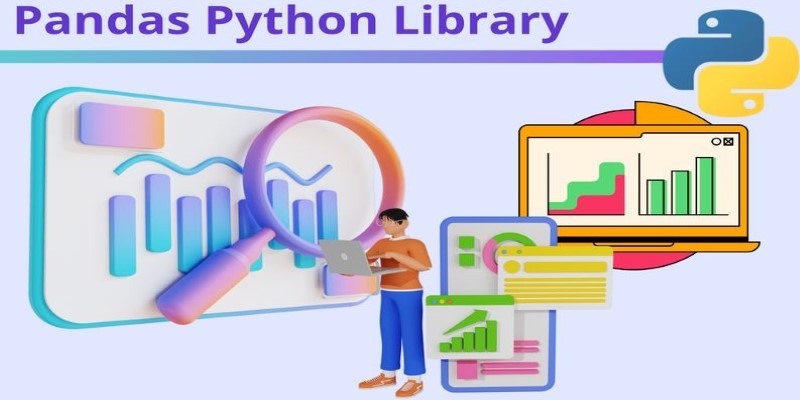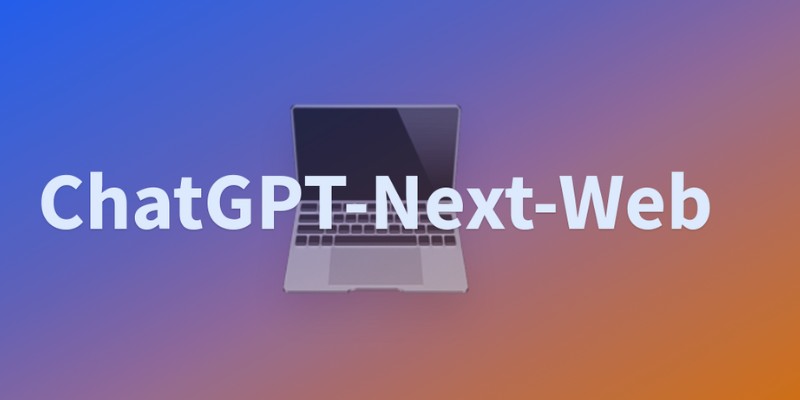Artificial intelligence impacts every part of daily life, and you may encounter AI several times a day, from digital assistants to social media, without noticing it. So, if you don't want to be puzzled by the usage of artificial intelligence, grasp the world you live in by understanding artificial intelligence and learning its present and future developments.
Unsurprisingly, there is no shortage of books offering enough knowledge about artificial intelligence, providing practical solutions to work with AI, and sharing a clear picture of the future. But, from countless options, selecting bestselling titles could be daunting and challenging for many. That's why, to ease your pain, we are sharing a list of the best AI books published recently. So, let's get into the details!
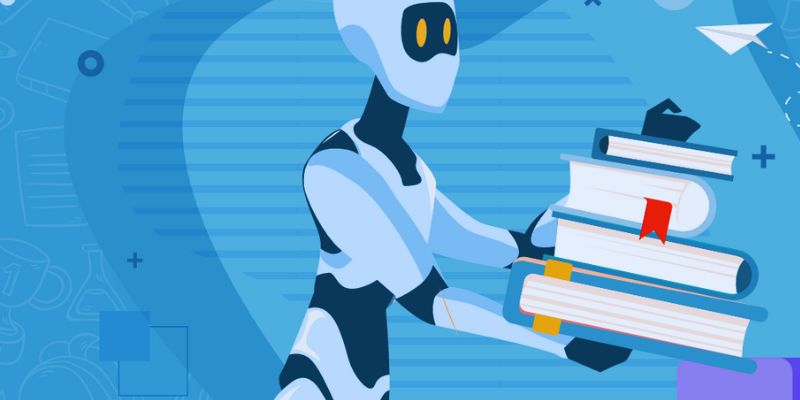
5 Essential Reads On Artificial Intelligence
Gaining knowledge about AI is crucial for knowing its positive and negative effects. Besides that, one can understand how it will influence future generations, how it will alter how we live and work, and how we are willing to use it for the benefit of everyone. Thus, reading books on the topic can help anyone who wishes to gain insight into the world surrounding them and be ready for the future changed by AI. Even though many AI books are available in the market, let's examine the top 5 must-read essentials well-liked by readers here:
Superintelligence
"Any knowledge that surpasses the mental capacity of humans in almost all fields of interest" is called superintelligence. Author Nick Bostrom's remarkable book explores a world where artificial intelligence would beat humans. The intelligence explosion theory, which claims that AI can quickly overtake humans in intelligence, is used to explore the consequences of superintelligence AI. The book also discusses two approaches to creating superintelligence machines: the whole-brain model, in which a computer copies the human brain, and the present method of programming computers to act like human intelligence. Nick Bostrom's research on the development of artificial intelligence is well-known. The book is highly recommended for its thorough, interesting, systematic analysis of possible risks, and the strategic factors required to reduce these dangers.
Coming Wave
In one of the most recent publications on artificial intelligence, Mustafa Suleyman, co-founder of DeepMind, discusses modern innovations like robotics and massive language models. Homo technologicus, the next wave, state of failure, and through the wave are the four sections that make up the book. These various parts cover technology's rapid development and flow throughout human history. These shifts are constantly evolving and fluctuate like waves. Suleyman examines "the limitation problem," which he views as the primary issue of our time, and how artificial intelligence (AI) capabilities will assist in solving global issues and provide immense prosperity. The book is renowned for its perceptive examination and transparent explanation of complicated technological patterns. It is a favorite for ordinary readers and computer experts due to its easily readable language. It is also appreciated for balancing the advantages and disadvantages of the quickly developing field of artificial intelligence.
Life 3.0
In the constantly changing world of artificial intelligence and technology, Max Tegmark's book "Life 3.0 is essential for everybody curious about how AI affects every aspect of our lives. Tegmark divides life into three phases: simple creatures that cannot alter their software, organisms capable of changing the structure of their software, and modern species that can modify both their hardware and software. As AI advances toward Life 3.0, it presents moral challenges and ethical issues that require our attention.
Tegmark explores various difficult topics, including the worth of human life, the freedoms and obligations of intelligent machines, and the possible repercussions of developing superintelligent artificial intelligence. The good thing about his book is that he makes difficult ideas easy to understand for people of any origin by presenting them interestingly and straightforwardly. Although the main goal of "Life 3.0" is to increase knowledge and examine the ramifications of AI, Max Tegmark does go into various strategies and fixes to lessen the hazards connected to AI development.

Power And Progress
Power and Progress, a stunning discussion of the past and future of technology, will make you a fan of Daron Acemoglu and Simon Johnson's previous works. The book explores the connection between technology, success, and societal advancement. Therefore, Power and Progress is a must-read for everyone interested in AI. Most people think that improvements in technology result in benefits for society. Advancement is not a fact; rather, it is based on our technological decisions. New forms of association and production organization have the potential to either advance the limited goals of certain groups or lay the foundation for general prosperity.
The writers of this book deny this claim by highlighting how inequality can result from technical improvements from which only specific individuals and businesses profit. Many people support this claim since, in recent years, certain businesses have grown to be sudden millionaires. At the same time, families with lower salaries have suffered a rise in unemployment and a further fall in income. Acemoglu and Johnson offer insight and strategies to transform how we develop and who truly benefits from technological advancements to generate true wealth for everyone through their ground-breaking economic theory and statement for a more equitable world. The book's most well-known qualities are its boldness, originality, and controversy.
Human Compatible
Stuart Russell, a co-author, wrote the third book on artificial intelligence. The book explores how the creation of intelligent robots is crucial to solving human issues while ensuring they do not hurt humans. Despite the title being somewhat serious, it is an enjoyable book. Human Compatible distinguishes since it is among the first publications on the subject written from what could be considered the horse's mouth. The book is important because, although there has been a lot about AI's risks and security concerns, most of those books have been authored by researchers or scientists. Human Compatible is most often the first book written by a subject-matter specialist. "Success would be the greatest occurrence in human history and perhaps the final occurrence in human history," the author argues in his book.
Conclusion:
Deeply comprehending AI's basic concepts, difficulties, and potential applications is crucial in this rapidly changing field. You don't have to be an AI or tech expert to understand more about the advanced world in which we live; all you need to do is prepare yourself and gain the necessary information. Anyone wishing to learn more about AI can start with this carefully picked list of the top five books on that topic.
